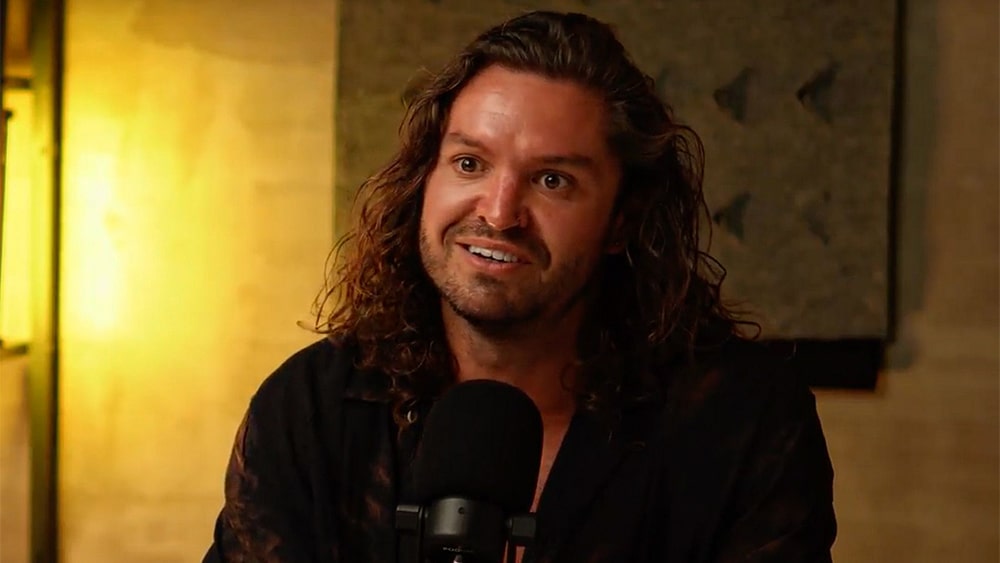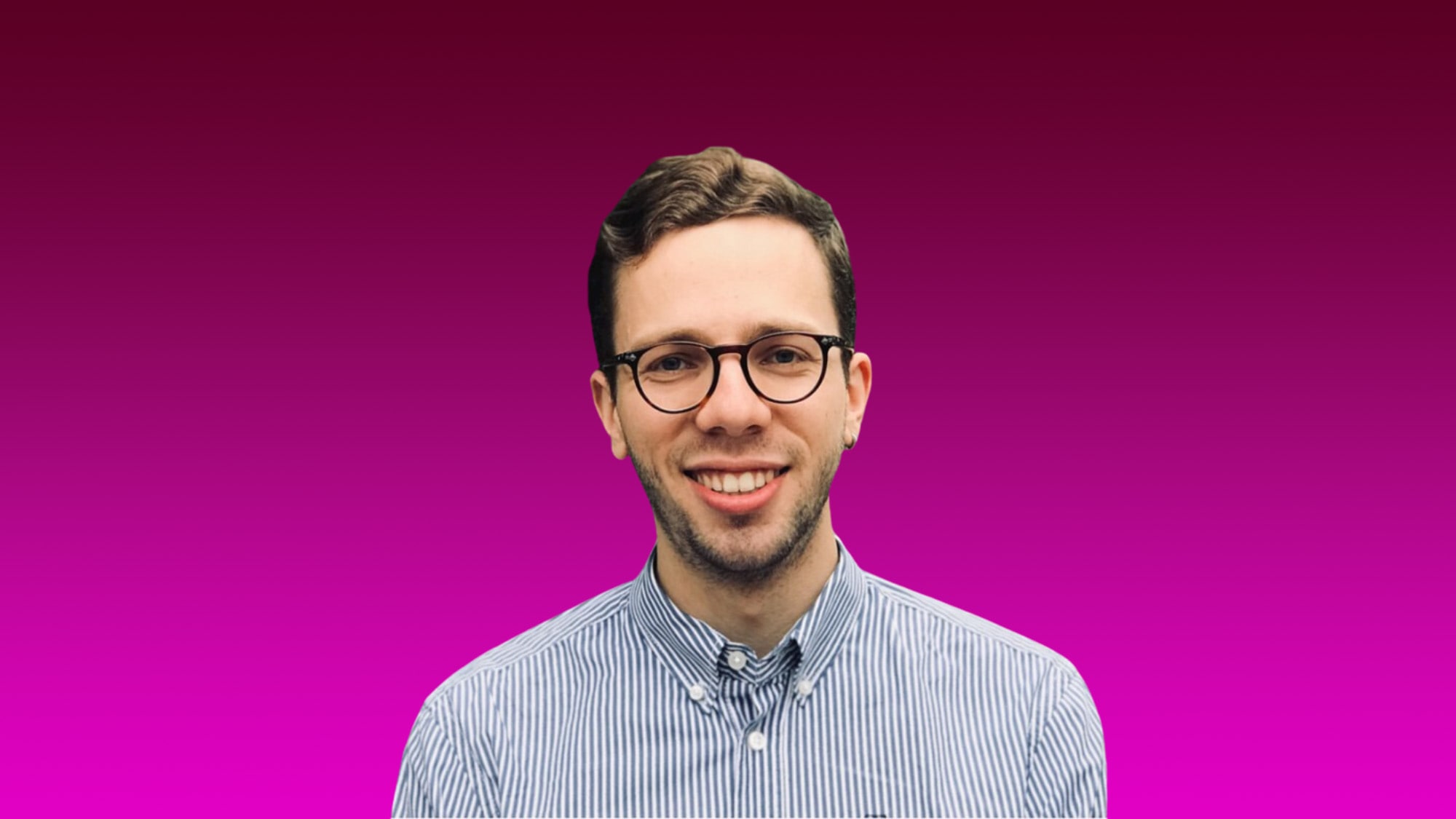AMA: James Higgins, founder of Ethical Bedding
We caught up with James Higgins, the founder of Ethical Bedding, an eco-friendly bedding brand raved about in Good Housekeeping, The Times and beyond.
Manage your equity and shareholders
Share schemes & options
Equity management
Migrate to Vestd
Company valuations
Fundraising
Launch funds, evalute deals & invest
Special Purpose Vehicles (SPV)
Manage your portfolio
Model future scenarios
Powerful tools and five-star support
Employee share schemes
Predictable pricing and no hidden charges
For startups
For scaleups & SMEs
For larger companies
Ideas, insight and tools to help you grow

We caught up with Nick Root, the founder of Intergiro, a super simple fintech that aims to bring corporate banking 'out of the Stone Age'.
Around 2012-2016 I was working on many Web3 and ‘internet native’ business models with my network. Most of these projects never made it past POC or experimentation phases, but crucially, that period exposed me to a strange reality: how hard it was for businesses to get a bank account that they could control with code.
We thought this was especially curious given the whole automation trend (in marketing and operations for example). Despite this, finance seemed to be stuck in the Stone Age with everything being done manually.
We started working on Intergiro in 2017 and launched our first B2B product in 2018 - a super simple corporate bank account with FX and a Card.
From there we expanded it into a full-stack payments platform. In essence, it's a settlement layer for internet platforms. Later on, years after we first saw the opportunity, it got a name: 'embedded payments'.
I've thought quite a lot about the question of why it was so challenging for us and came to the conclusion that Fintech is just hard for a few key reasons. The challenges we faced are probably the same kind of challenges all fintechs face:
All these items are made 10x harder when you are privately funded like we are. But they are hard no matter how much cash you have.
Unfortunately, there is not a lot you can do about these issues, that’s why there are very few massively profitable fintechs. All you can do is gather the best possible people you can find.
Do as much truth seeking as you can and start making decisions. If you can be right 90% of the time you might make it.
If Intergiro were a character, we would be Rocky Balboa. Underdog story, perseverance, never giving up, rolling with the punches. You get the picture!
As mentioned above, the challenges of our industry mean we need access to the best people possible. The complication is that we were privately funded, and never had much cash in the bank to lure knowledge workers with massive salaries, which makes things really difficult with the fierce competition for talent.
Our solution was to create a strategy to attract what we called ‘corporate quitters’. Engineers, lawyers, compliance and product people that had enough of the corporate meatgrinder and wanted to be treated with a little more respect and dignity.
Our operating system is built on trust, full autonomy and the concept of idea meritocracy. We place immense value on ideas over hierarchical positions, believing that great solutions can come from anyone, regardless of their role.
Our natural attrition over the last 5 years is well below 1% per year and I can say that perhaps the only great thing I have achieved so far is to assemble a group of truly brilliant people that care deeply about this company.
Yes, this was part of the strategy we created to attract the ‘corporate quitters’. Nearly all staff have shares or share options. This creates alignment in the company.
Nearly all staff have shares or options.
Our north star metric is the number of active nodes in our ecosystem - including both sellers and spenders. These nodes transact together, instantly on our stack, creating payment volume, which creates revenue, which is then used to grow the network further. This ‘flywheel’ guides all our strategic decisions
Our culture is characterised by resilience. Not just resilient people (although we have plenty of those) but resilience by design. Having an ideal meritocracy naturally results in a decentralisation of decision-making.
This is the opposite of command and control systems that work well in static situations and easily get overwhelmed when things get dynamic. In terms of traditions, when people leave we all remark about ‘the ride’ they had…normally invoking the roller coaster emoji.
My first thought was ‘service design’ skills…so we could apply human-centred design for everything.
But, I think skills are easy to change so I would not waste such a rare magical opportunity on any skill. I think I would choose empathy.
You need empathy to care enough about the service user, but it helps everywhere and just makes the whole place better for everyone. That is worth a magic trick.
Huge thanks to Nick for sharing his story. If you're a founder with a story to tell, write in and let us know: jemma@vestd.com.

We caught up with James Higgins, the founder of Ethical Bedding, an eco-friendly bedding brand raved about in Good Housekeeping, The Times and beyond.

In this episode of FounderMetrics, Ifty Nasir is joined by Lev Perlman, the founder of tech agency Metamindz.

Last updated: 28 March 2024.